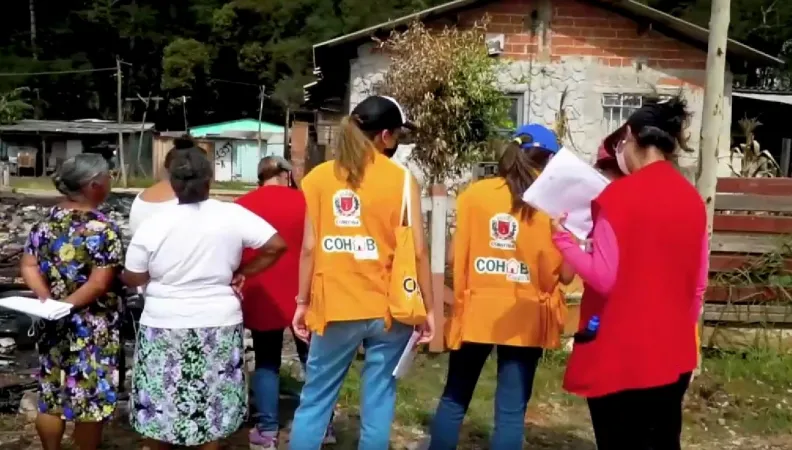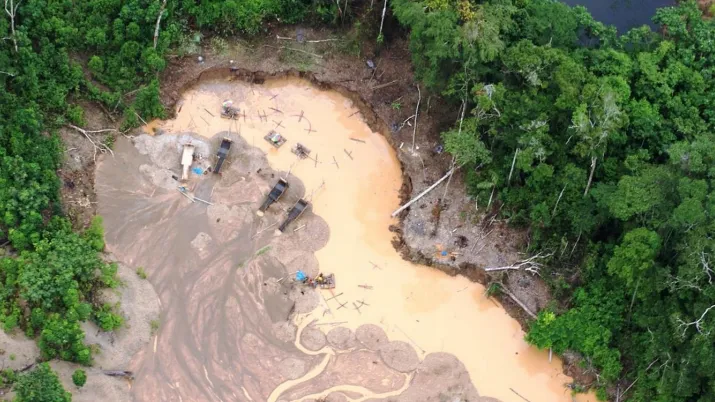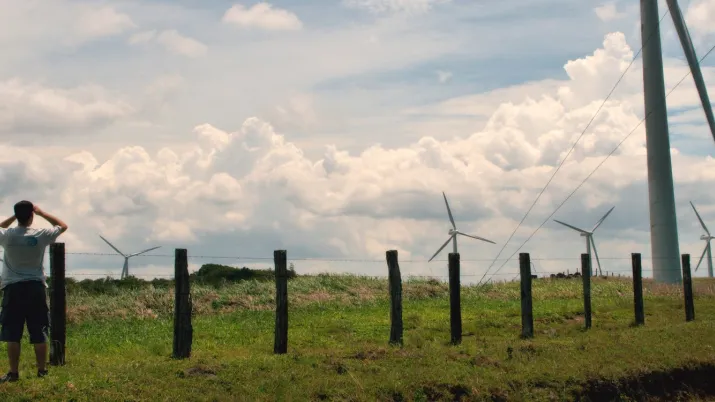Share the page
Brazil: more equitable public policies in response to climate change
Published on

Brazil’s government and institutions are working together to develop local policies aimed at the communities most vulnerable to climate change. Gender equality and anti-discrimination criteria are now being incorporated into these policies from the design phase.
Women, children, black communities and vulnerable groups are bearing the brunt of climate change and are often denied basic human rights.
AFD has established partnerships in Brazil with the Ministry of Planning, Budget and Management (MPO) and local authorities to reinforce sustainable local policies, improve people’s living conditions and address social and economic inequalities.
In April 2024, AFD’s sustainable development experts provided MPO’s teams with a methodology to assess projects aligned with the Sustainable Development Goals (SDGs), against a set of social, climate-related, and gender equality criteria. As a result of this support, financing has been earmarked specifically for projects geared towards improving climate infrastructure, to encourage government authorities to step up their efforts.
Read more: The human rights-based approach: A lever for transformation
Putting women first
The aim of the partnership between AFD and MPO is to align the government’s multi-year plan with the methodology’s gender equality criteria. Additionally, MPO seeks to facilitate access to external funding for municipalities led by women.
“Thanks to AFD, the integration of gender, equality, and inclusion criteria has become a mandatory condition for validating any external funding in Brazil, covering the entire public sector – states, municipalities, and development banks benefiting from federal guarantees,” says Paulo Henrique Mendes Leandro Beserra, Undersecretary of External Financing for the Ministry of Planning, Budget and Management.
AFD is also the only bilateral bank asked by MPO to sign the Joint Declaration on Gender Equality and Women’s Empowerment in internationally funded projects. This document calls for gender mainstreaming to be included from the design phase of projects, promoting capacity-building for women in key sectors and transparency in the implementation of these policies, while working alongside stakeholders such as local governments, the private sector and civil society representatives.
“AFD is a key partner on issues of gender, diversity, and sustainability," says Viviane Vecchi, Brazil's Deputy Secretary for International Affairs and Development at the Ministry of Planning, Budget and Management. "From financing innovative projects to setting up technical cooperation and conferences, and more recently, its commitment to an alliance with the government and multilateral development banks for gender equality, AFD plays a leading role in external financing for Brazil’s strategic priorities. Our partnership is very positive, and we still have a lot of potential to develop together!”
Driving more equitable public policies via the “+Iguais” program
AFD is also supporting the “+Iguais” program, led by the Frente Nacional de Prefeitas e Prefeitos (National Front of Mayors – FNP), an institution that advocates on behalf of municipal councils in Brazil. Operating since July 2024, this program is designed to help local authorities develop public policies that promote gender equality and combat racial discrimination. With financing from AFD, the first phase of this project has identified twelve best practices in these two fields, covering issues like climate justice, healthcare and women’s empowerment.
See also: Public-Private Partnerships Drive Sustainable Development in Brazil's South-East
The intersections of social and environmental justice
In Curitiba, AFD is financing the Climate Risk Management – Bairro Novo do Caximba project, which includes a Gender Action Plan (PAG) to integrate gender equality into all public policies related to the project.
According to Renata Carneiro, Human Rights Advisor at Curitiba City Council, “The PAG was drafted to promote gender equality and incorporate equal rights into all public policies linked to the Bairro Novo do Caximba program, to help mitigate the impact of climate change and develop more effective adaptation measures. The project has emphasized the intersectionality of public policies: gender, racial discrimination, and sexual orientation are essential factors to consider for actions that further improve social, economic, cultural, and political development."
A socio-economic assessment conducted by Companhia de Habitação (COHAB) identified the PAG's priority groups as women, particularly those on low incomes or unemployed, children and teenagers, black, migrant and indigenous communities, and people with disabilities. Workshops were also run during this phase to help determine the specific needs of Caximba's population. By encouraging community participation in the development of public policy, residents felt heard, included and actively engaged in the process, giving them a greater sense of identity, autonomy and agency.
Further reading
"Atlas" of Latin America and the Caribbean: 17 Sustainable Development Initiatives
Published on January 16, 2024



